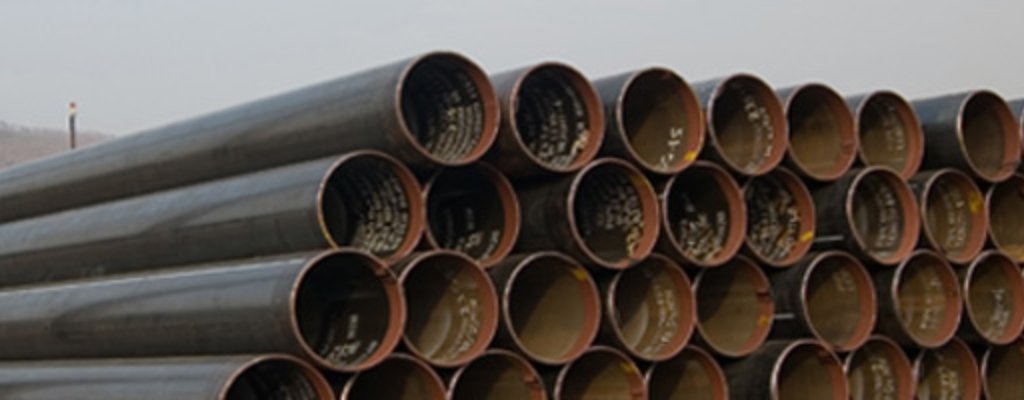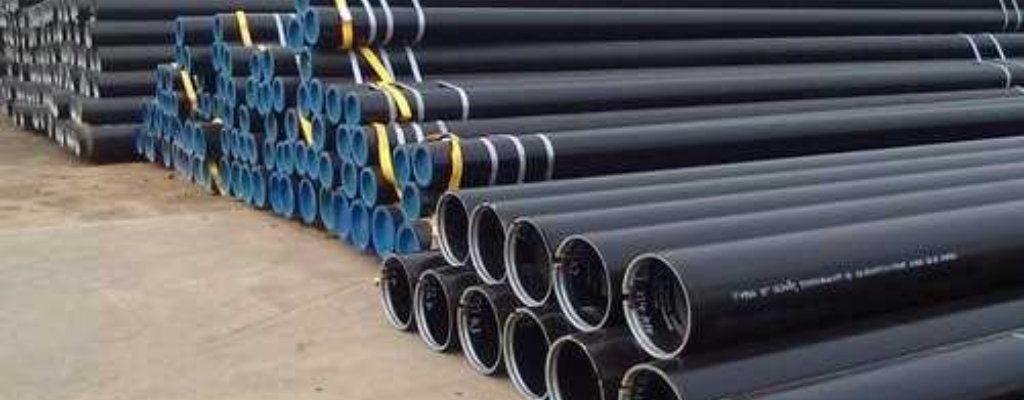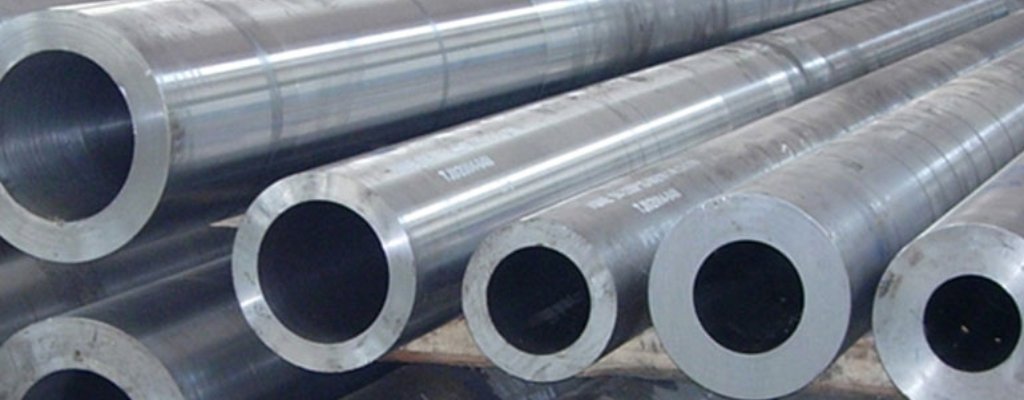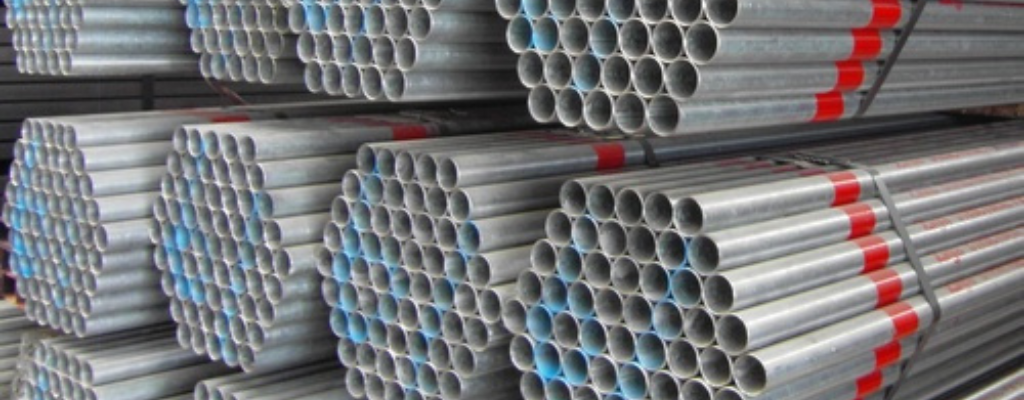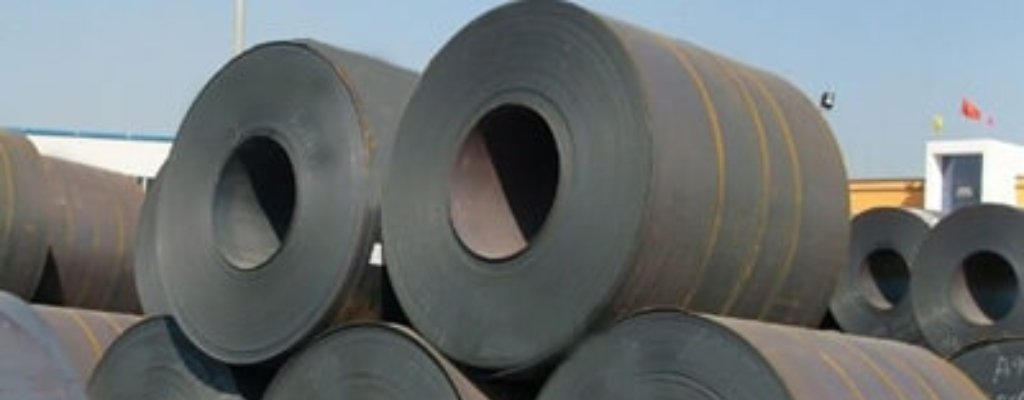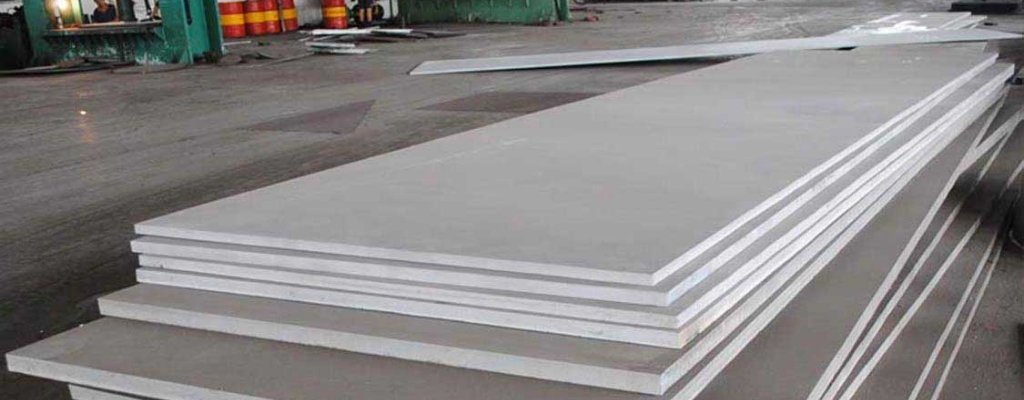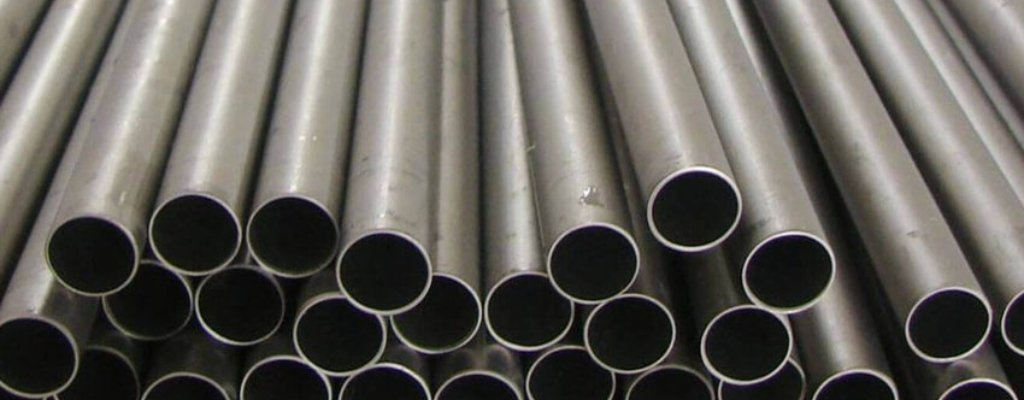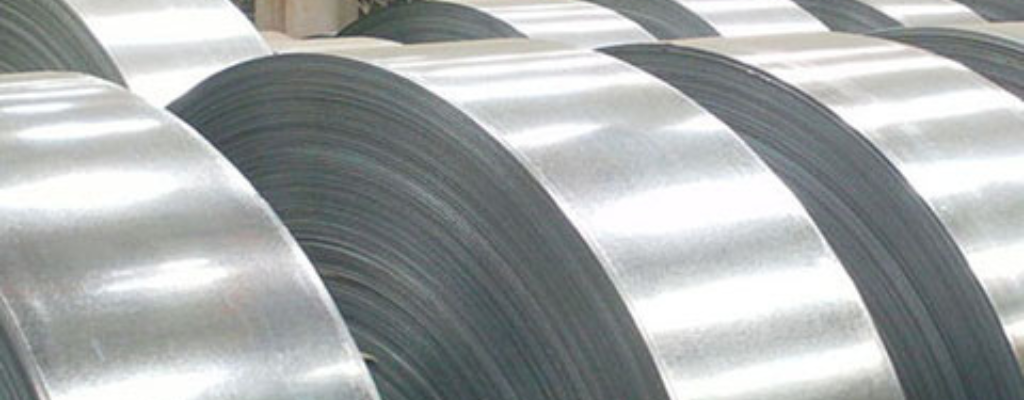Roofing: Used extensively for roofing applications in residential, commercial, and industrial buildings due to their durability, corrosion resistance, and ability to withstand harsh weather conditions.
Cladding: Employed for cladding exterior walls and facades of buildings, providing protection against moisture, corrosion, and environmental elements while enhancing aesthetic appeal.
Fencing: Utilized in fencing and boundary walls for residential, agricultural, and industrial purposes due to their strength, durability, and resistance to rust and corrosion.
Automotive Components: Used in automotive manufacturing for producing body panels, chassis components, and structural reinforcements due to their strength, formability, and corrosion resistance.
Household Appliances: Incorporated into the manufacturing of household appliances such as refrigerators, washing machines, and air conditioners for their durability, corrosion resistance, and aesthetic appeal.
Construction: Integral in construction projects for manufacturing structural components, beams, columns, and trusses, providing strength, stability, and longevity to buildings and infrastructure.
Storage Tanks: Utilized in the fabrication of storage tanks for storing liquids, chemicals, and agricultural products due to their corrosion resistance and ability to withstand external elements.
Automotive Components: Used in automotive manufacturing for producing body panels, chassis components, and structural reinforcements due to their strength, formability, and corrosion resistance.
Manufacturing: Employed in various manufacturing industries for producing machinery components, equipment enclosures, and industrial storage solutions due to their versatility and durability.
Electrical Enclosures: Used for manufacturing electrical enclosures, panels, and cabinets in electrical distribution systems and control panels due to their strength, corrosion resistance, and ease of fabrication.

